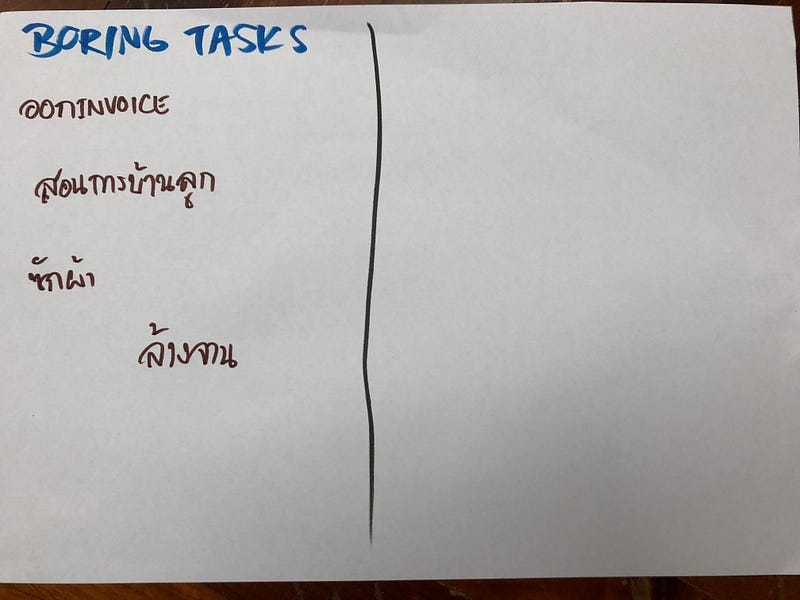Contract game
Contract game is the traditional way that Business and R&D work together. At the beginning of the project, Business asks R&D to commit a big batch of work and holds R&D accountable for execution. The mindset behind is "plan then execute".
Clearly this is not Agile way. One of Agile values is "Customer collaboration over Contract negotiation", which exactly addresses the dysfunction of contract game. Agile is about adaptive planning, and Scrum is about empirical process. The mindset behind is "guided by goal, inspect & adapt".
- Is Release planning predicative or adaptive?
Release planning can be a beneficial practice, as it creates the initial understanding about the work. However, in practice, it is often mistaken as upfront and predictive planning. It is even used to provide the input for contract game. Once you see that work is split into every sprint in the release with great details, the focus is primarily on contract negotiation. With the mindset of contract game, you may see that business people only join Release planning, but not the inspection and adaptation on sprint basis.
So, in Scrum, Release planning creates the initial product backlog, and you may regard that as the first backlog refinement, which is from none to the initial. Then, every backlog refinement updates the release plan and new requirements emerge, thus, Release planning is continuous.
Backlog Refinement = Continuous Release Planning
The key to break contract game in this level is that Business people and PO are working with R&D on sprint basis, and making decisions regarding ROI every sprint.
- How about Sprint planning?
If more people have realized that the release should be managed empirically, the sprint is still largely managed predictively - we plan in Sprint planning, then, we execute the sprint. This is a misconception, because if it is a predictive process, then, what is the point of having Daily Scrum, whose purpose is to manage it empirically with daily inspection and adaption? With the mindset of contract game, you may see that the sprint commitment is regarded as certainty, and PO disappears after Sprint planning and only sees team again in the Sprint review.
So, in Scrum, Sprint planning creates the initial sprint plan (aka. sprint backlog), and we don't sign up for all tasks in Sprint planning, only those you start doing next day. Then, every Daily Scrum updates the sprint plan and new tasks emerge, thus, Sprint planning is continuous too.
Daily Scrum = Continuous Sprint Planning
The key to break contract game in this level is that PO collaborates with team in the sprint through just-in-time review, defining sprint goal, re-negotiating the scope when necessary, occasionally joining Daily Scrum, and just talking to each other.
Conclusion
While PO manages release and team manages sprint to large extent, contract game is harmful at both levels. Are you in the mode of contract game?





